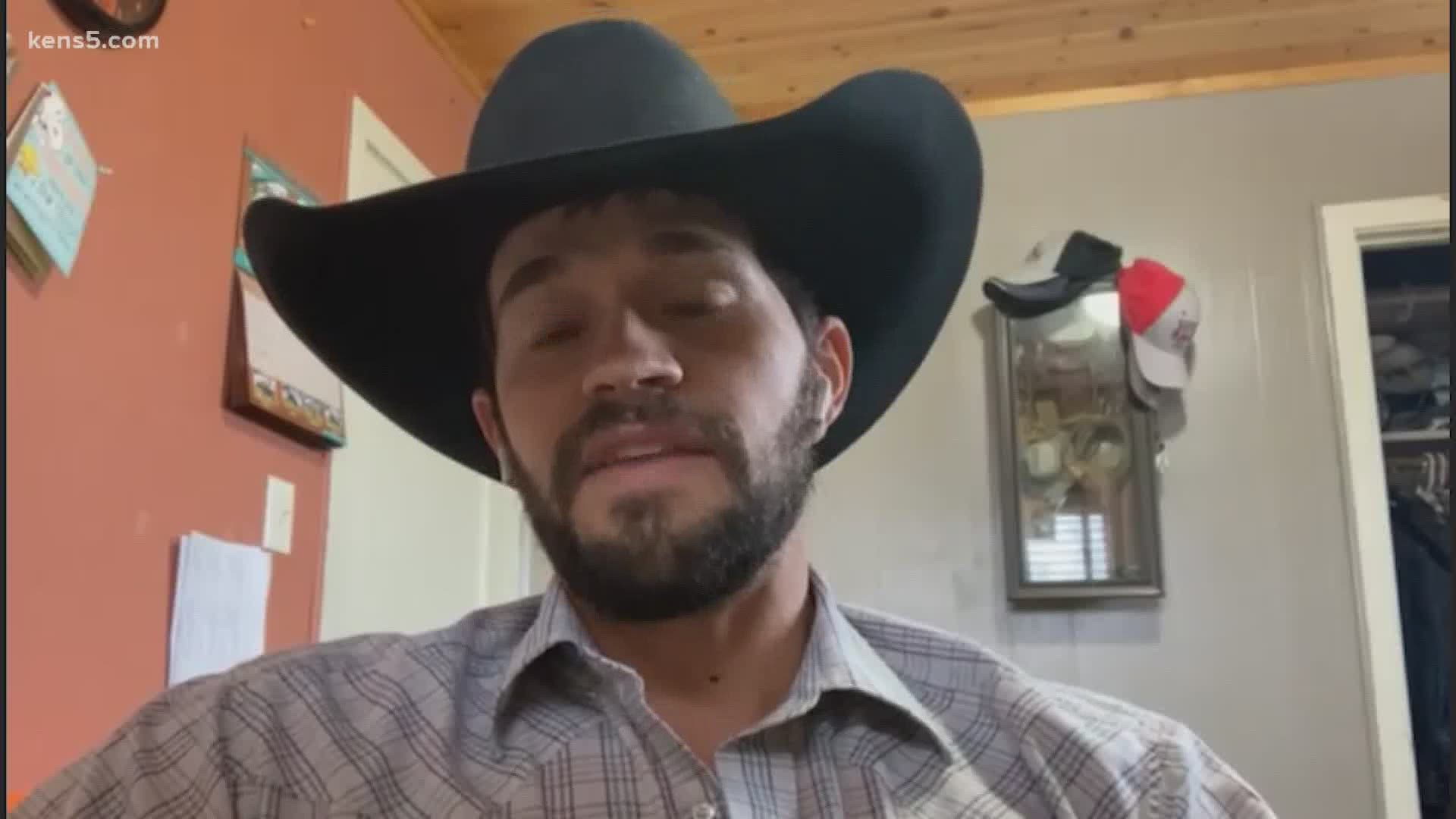SAN ANTONIO — The San Antonio Rodeo is currently still scheduled to go on this month, despite the concerns of local leaders. Meanwhile, officials with the Professional Rodeo Cowboys Association are trying to assuage those concerns, saying that, when it comes to coronavirus safety, this isn’t their first rodeo.
Earlier this week, Bexar County Judge Nelson Wolff asked that the San Antonio Stock Show and Rodeo be delayed as COVID-19 remains a major threat. In a letter to organizers he raised concerns about new, more infectious coronavirus strains from the UK and Brazil.
“As we’ve mentioned before, there’s other iterations, other mutations of COVID in the United States,” Wolff said during Tuesday's daily coronavirus briefing.
The Professional Rodeo Cowboys Association is the sanctioning body that works with most of the major rodeos around the country. Officials with the PRCA are giving their thoughts on holding San Antonio’s rodeo on schedule this year.
“The PRCA is doing everything they can to abide by the health regulations,” said Isaac Diaz, saddle bronc riding director for the PRCA.
As both an official and an athlete, Diaz has seen firsthand how the PRCA has been able to hold events while protecting against the virus. He says everyone involved takes the matter very seriously because it’s their livelihood.
“80% of the competitors that you're going to watch, especially at an event the size of San Antonio, that's all they do,” Diaz said. “I mean, that's the way they make a living. That's the way they put food on the table for their families.”
George Taylor, CEO of the PRCA, says holding a rodeo safely is about the same as putting on any other sporting event. He said they have been holding events that incorporate coronavirus safety measures for nearly a year now, most recently in December in Arlington, Texas.
“At the end of the day, it's about taking the basic precautions: wearing masks, you know, having a lot of hand sanitizer around,” Taylor said. “But also, the seating manifest makes a big difference, that you keep people physically separated.”
Taylor and Diaz both felt it was important to emphasize the impact the rodeo has on the communities it touches.
“The scholarship money, my gosh I mean, the scholarship money that's given through the livestock show all the kids events leading into it and that way, outweighs the prize money that we ride out,” Diaz said. “There's lots and lots of money that go to those kids.”
“I think one of the probably most unique things about the sport of rodeo is how closely were linked to the local communities,” Taylor added. “In this time, I like to say, our country needs rodeo more than ever.”

